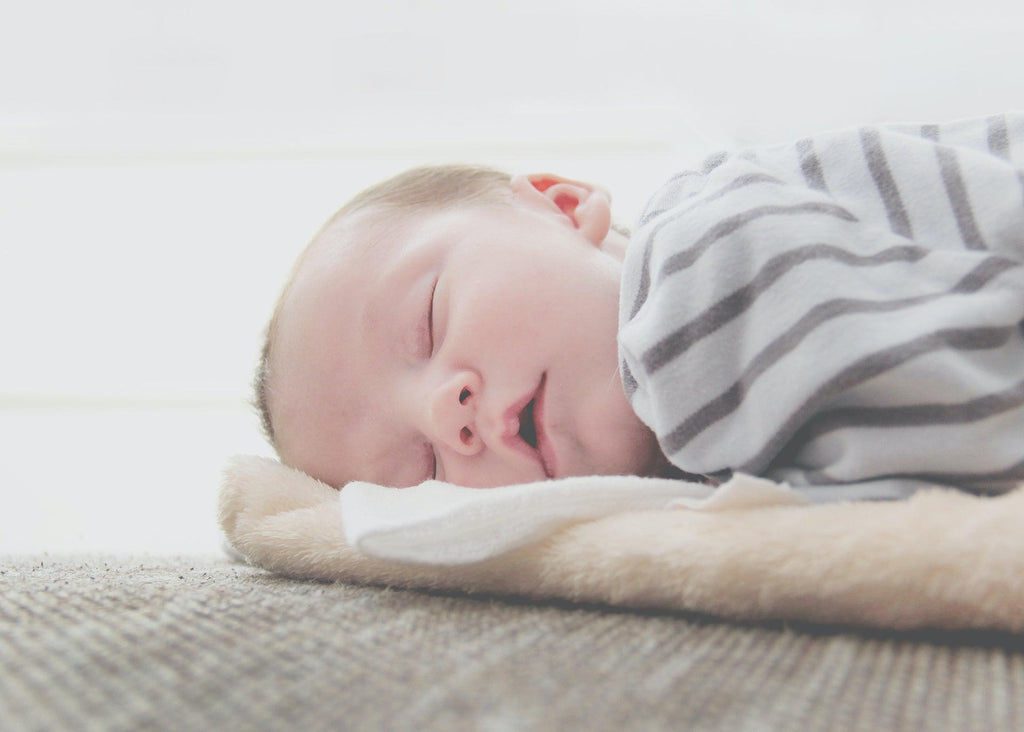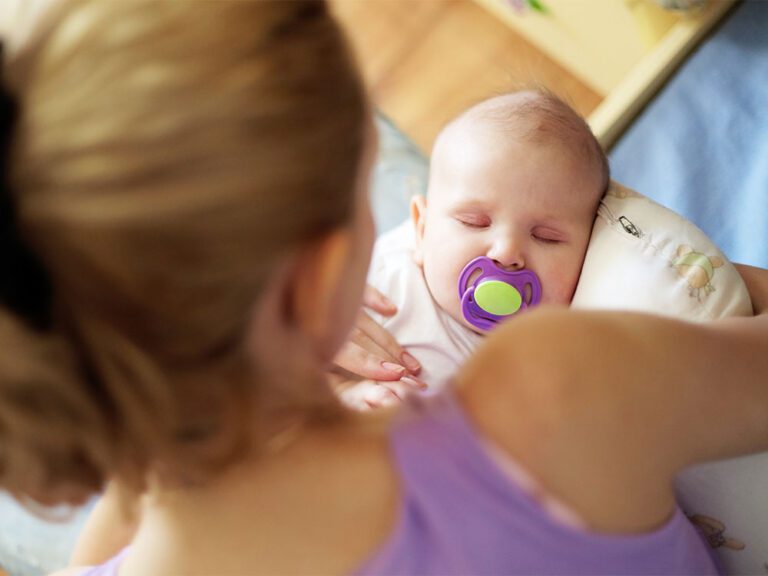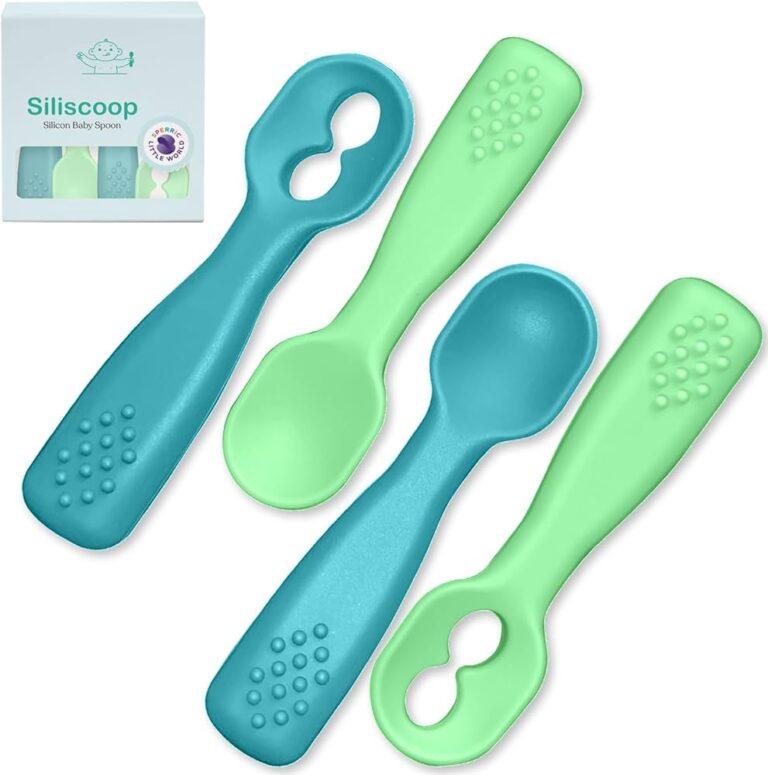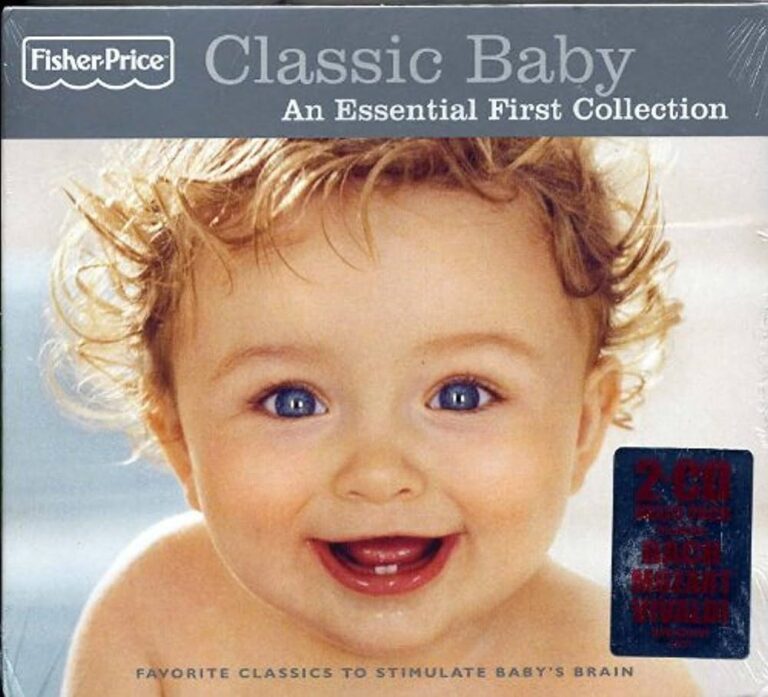How Often to Change Newborn Diaper : The Ultimate Guide
Change your newborn’s diaper every two to three hours or as needed. Changing diapers frequently helps prevent diaper rash and keeps your baby clean and comfortable.
Newborns may urinate every one to three hours and have up to five bowel movements a day. It is important to keep their diaper area clean and dry to avoid skin irritation. Additionally, using a barrier ointment with petroleum jelly or zinc oxide can provide added protection against diaper rash.
By following these guidelines, you can ensure your newborn stays fresh and happy throughout the day.
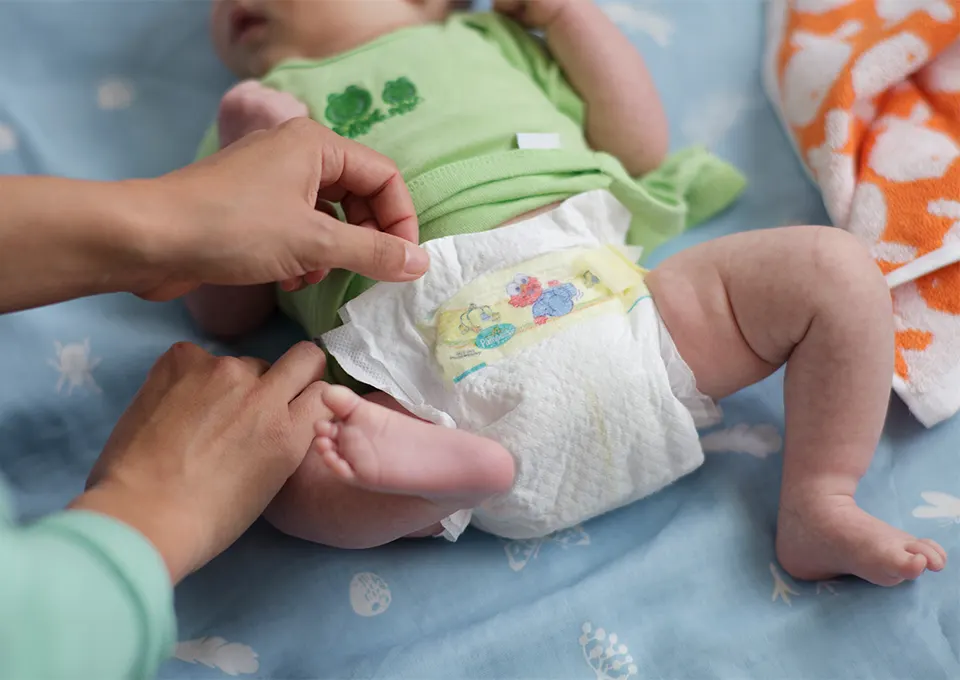
Credit: www.pampers.ca
Understanding The Importance Of Regular Diaper Changes
Regular diaper changes are essential for newborns to maintain good hygiene and prevent diaper rash. It is recommended to change a newborn’s diaper every two to three hours or as often as needed to keep them clean and comfortable.
Impact Of Not Changing Diapers Frequently
Not changing a newborn’s diaper frequently can have serious consequences on their health and well-being. Here are some of the potential impacts:
- Increased risk of diaper rash: When a diaper is left unchanged for extended periods, the baby’s delicate skin becomes more susceptible to diaper rash. The warm and moist environment created by a wet or soiled diaper provides an ideal breeding ground for bacteria and yeast, which can lead to rashes and skin irritations.
- Discomfort and irritation: Imagine wearing a wet or dirty diaper for an extended period. It can cause significant discomfort and irritation for the baby. This can disrupt their sleep, feeding, and overall mood, making them fussy and unhappy.
- Increased likelihood of urinary tract infections: Not changing diapers frequently can also increase the risk of urinary tract infections (UTIs) in newborns. The longer urine is in contact with the baby’s skin, the higher the chances of bacteria entering the urinary tract and causing an infection.
- Poor hygiene: Regular diaper changes are essential for maintaining proper hygiene and cleanliness for the baby. Leaving a baby in a soiled diaper for an extended period not only puts their skin health at risk but also creates an unclean environment that can lead to other health issues.
- Delayed potty training: Infrequent diaper changes can hinder the potty training process. When a baby becomes accustomed to the discomfort of a wet or dirty diaper, they may not develop the awareness and readiness for potty training at the appropriate age.
Risks Of Diaper Rash And Skin Irritation
One of the most common problems associated with infrequent diaper changes is diaper rash and skin irritation. Here’s why it’s important to prioritize regular diaper changes:
- Disruption of the skin barrier: When a baby’s diaper is not changed regularly, the moisture from urine and feces can break down the skin’s natural barrier, making it more susceptible to irritation and infection.
- Bacterial and yeast overgrowth: The warm and moist environment created by an unchanged diaper provides an ideal breeding ground for bacteria and yeast. This can lead to the development of diaper rash, characterized by redness, inflammation, and discomfort.
- Increased risk of fungal infections: Prolonged exposure to dampness can also increase the risk of fungal infections, such as yeast infections in the diaper area. These infections can be both uncomfortable for the baby and difficult to treat.
- Uncomfortable diaper experience: Infrequent diaper changes can cause discomfort for the baby, leading to fussiness and irritability. This can disrupt their sleep patterns and affect their overall well-being.
- Impaired skin health: Regularly changing diapers helps maintain the baby’s skin health by preventing prolonged exposure to moisture, irritants, and potential allergens. Healthy skin is less likely to develop rashes and other skin issues.
In conclusion, understanding the importance of regular diaper changes is crucial for the overall well-being and comfort of newborns. By prioritizing frequent diaper changes, parents can promote healthy skin, prevent diaper rash and skin irritations, and ensure optimal hygiene for their little ones.
Factors To Consider When Determining Diaper Change Frequency
When it comes to keeping your newborn comfortable and dry, determining the frequency of diaper changes is essential. However, there are several factors that can influence how often you should change your baby’s diaper. By considering these factors, you can ensure that your little one stays clean and protected from diaper rash. Let’s explore some of the key factors that you should keep in mind:
Age Of The Baby
The age of your baby plays a crucial role in determining how often you should change their diaper. Newborns, in particular, may have frequent urination and bowel movements, requiring more frequent diaper changes. As they grow older, their bladder capacity increases, leading to fewer diaper changes throughout the day. Therefore, it is recommended to change newborn diapers every two to three hours or as often as needed to keep your baby fresh and dry.
Breastfeeding Vs. Formula Feeding
The type of feeding method also affects how often you should change your baby’s diaper. Breastfed babies tend to have more frequent bowel movements than formula-fed babies. Breast milk has a natural laxative effect, leading to softer stools and more frequent diaper changes. On the other hand, formula-fed babies may have fewer bowel movements, and their diapers can remain dry for longer periods. Nonetheless, it is important to check the diaper regularly and change it whenever it becomes soiled or wet to prevent discomfort and diaper rash.
Nighttime Diaper Changes
At night, you may wonder whether it is necessary to change your baby’s diaper or if you can leave it unchanged until the morning. While it is tempting to avoid disrupting your little one’s sleep, it is important to prioritize their comfort and hygiene. If your baby’s diaper is only wet and not soiled, you can leave it unchanged to avoid unnecessary disturbance. However, if the diaper is wet or soiled enough to cause discomfort or diaper rash, it is best to change it. To make nighttime diaper changes easier, consider using overnight diapers that provide extra absorbency and leakage protection.
In conclusion, the frequency of diaper changes for your newborn will depend on various factors, including their age, feeding method, and nighttime routine. By understanding these factors and being attentive to your baby’s needs, you can ensure that they stay clean, dry, and comfortable throughout the day and night.
Recommended Diaper Change Frequency By Age
Experts recommend changing a newborn’s diaper every two to three hours, or as often as needed, to prevent discomfort and diaper rash.
When it comes to diaper changing, knowing the recommended frequency based on your baby’s age can help ensure their comfort and hygiene. In this article, we will discuss the diaper change frequency for newborns (0-3 months), babies (3-6 months), and older infants (6-12 months).
Diaper Change Frequency For Newborns (0-3 Months)
Newborn babies have delicate skin and tend to urinate frequently. It is essential to keep their diapers clean and dry to prevent irritation or diaper rash. Experts recommend changing newborn diapers every two to three hours, or as often as needed. This frequency ensures that your little one’s sensitive skin stays fresh and comfortable throughout the day and night.
Diaper Change Frequency For Babies (3-6 Months)
As babies grow, their bladder capacity increases, and their frequency of urination decreases. During this stage, you can extend the diaper change frequency to every three to four hours or whenever your baby’s diaper feels full. However, it is crucial to check for signs of discomfort or wetness between diaper changes to ensure their hygiene.
Diaper Change Frequency For Older Infants (6-12 Months)
When your baby reaches the 6-12 month mark, their bladder capacity continues to increase, and their bowel movements become more predictable. It is generally recommended to change diapers every four to six hours during this stage. However, it is essential to observe your baby’s individual needs and adjust the frequency accordingly.
In conclusion, maintaining a regular diaper change routine based on your baby’s age is crucial for their comfort and hygiene. Remember to check for signs of wetness, discomfort, or diaper rash throughout the day to ensure that your little one stays happy and healthy.
Identifying Signs That A Diaper Change Is Needed
Identifying Signs That a Diaper Change is Needed
Recognizing Signs Of A Wet Or Soiled Diaper
One of the important aspects of caring for your newborn is keeping their diaper clean and dry. It’s crucial to recognize the signs that indicate a diaper change is needed to ensure your little one’s comfort and prevent diaper rash. Here are some key indicators that your baby’s diaper may be wet or soiled:
- Frequent fussiness or crying
- A bulging diaper
- A strong ammonia-like smell
- Visible wetness or a color change in the diaper indicator line
Remember, every baby is different, so it’s essential to pay attention to your baby’s individual cues and patterns to determine when a diaper change is necessary.
Diaper Change Tips For Babies With Sensitive Skin Or Diaper Rash
For babies with sensitive skin or diaper rash, taking extra care during diaper changes can help prevent further discomfort and promote healing. Here are some tips to consider:
- Choose the right diapers: Opt for diapers specifically designed for babies with sensitive skin, such as hypoallergenic or fragrance-free options.
- Use a gentle cleanser: Instead of using harsh wipes, try using a soft cloth or cotton balls soaked in warm water to clean your baby’s bottom.
- Allow for air circulation: After cleaning, allow your baby’s bottom to air dry before putting on a fresh diaper. This can help reduce moisture and promote healing.
- Apply a diaper cream: Consider using a diaper cream with zinc oxide or petroleum jelly to create a protective barrier between your baby’s skin and the diaper.
- Change diapers frequently: Aim to change your baby’s diaper more frequently to keep their skin dry and prevent further irritation.
By following these tips, you can help alleviate discomfort and promote a healthy diapering routine for babies with sensitive skin or diaper rash.
Choosing The Right Diapers For Newborns
When it comes to diapering your newborn, choosing the right diapers is essential. Not all diapers are created equal, and finding the perfect fit for your little one can make a world of difference. From absorbency to comfort, selecting the right diapers for your newborn can help keep them dry and happy throughout the day and night. In this guide, we’ll provide an overview of popular diaper brands for newborns, explore the best absorbent diaper options, and highlight diapers suitable for overnight use.
Overview Of Popular Diaper Brands For Newborns
With so many options available on the market, it can be overwhelming to choose the right diaper brand for your newborn. Here, let’s take a look at some of the most popular diaper brands that are specially designed for newborns:
| Diaper Brand | Description |
|---|---|
| Pampers Swaddlers | Known for their superior comfort and softness, Pampers Swaddlers are a popular choice among new parents. They feature a wetness indicator that lets you know when it’s time for a change. |
| Huggies Little Snugglers | Designed with a gentle touch, Huggies Little Snugglers are perfect for newborns. They have a pocketed waistband to prevent leaks and a soft, breathable outer cover. |
| The Honest Company Clean Conscious Diapers | If you’re looking for eco-friendly options, The Honest Company Clean Conscious Diapers are a great choice. They are hypoallergenic, made with sustainably sourced materials, and free from harmful chemicals. |
Best Absorbent Diaper Options
When it comes to absorbency, certain diaper brands stand out from the rest. These diapers offer excellent moisture-wicking properties to keep your newborn dry and comfortable:
- Pampers Swaddlers: These diapers have a unique Absorb Away Liner that pulls wetness and mess away from your baby’s skin for up to 12 hours of dryness.
- Huggies Overnites: Designed specifically for overnight use, Huggies Overnites offer maximum absorbency to prevent leaks and keep your baby dry all night long.
- Luvs: Luvs diapers feature a Leakguard Core that locks away wetness and offers long-lasting protection for your newborn.
Diapers Suitable For Overnight Use
Keeping your newborn comfortable throughout the night is crucial for uninterrupted sleep. Fortunately, there are diapers available that are specifically designed for overnight use:
- Huggies Overnites Baby Diapers: These diapers are extra absorbent and provide up to 12 hours of leak protection. They are perfect for overnight use and can keep your baby dry and comfortable until morning.
- Pampers Swaddlers: Pampers Swaddlers, known for their excellent absorbency, are also suitable for overnight use. They offer overnight protection for up to 12 hours, ensuring your baby stays dry and happy throughout the night.
By choosing the right diapers for your newborn, you can provide them with the comfort and protection they need. Consider the absorbency level, brand reputation, and your baby’s individual needs when making your decision. With the right diapers, you can keep your little one dry, happy, and free from any discomfort.
Frequently Asked Questions On How Often To Change Newborn Diaper
How Often Should You Change Newborn Diaper?
Experts recommend changing a newborn’s diaper every two to three hours, or as often as needed. Babies may urinate every one to three hours and have two to five bowel movements a day. Changing diapers frequently helps prevent diaper rash.
Is It Ok To Not Change Newborn Diaper At Night?
It is generally okay to not change a newborn’s diaper at night unless it is soaked through to their pajamas. However, if you are concerned about diaper rash, you can use a barrier ointment that contains petroleum jelly or zinc oxide.
How Often Should You Wet A Diaper For A Newborn?
Experts recommend changing a newborn’s diaper every two to three hours or as often as needed.
How Long Can A Baby Stay In Newborn Diapers?
Newborn diapers should be changed every two to three hours or as often as needed, as babies can urinate every one to three hours and have multiple bowel movements a day. Regular diaper changes help prevent discomfort and diaper rash.
Conclusion
Changing your newborn’s diaper frequently is essential for their comfort and hygiene. It is recommended to change your baby’s diaper every two to three hours, or as often as needed. Babies urinate frequently, and having a clean diaper helps prevent diaper rash and discomfort.
Remember to use a barrier ointment with petroleum jelly or zinc oxide to protect their delicate skin. By keeping their diapers clean and dry, you are ensuring their well-being and promoting their healthy development.

